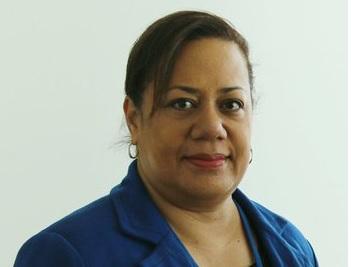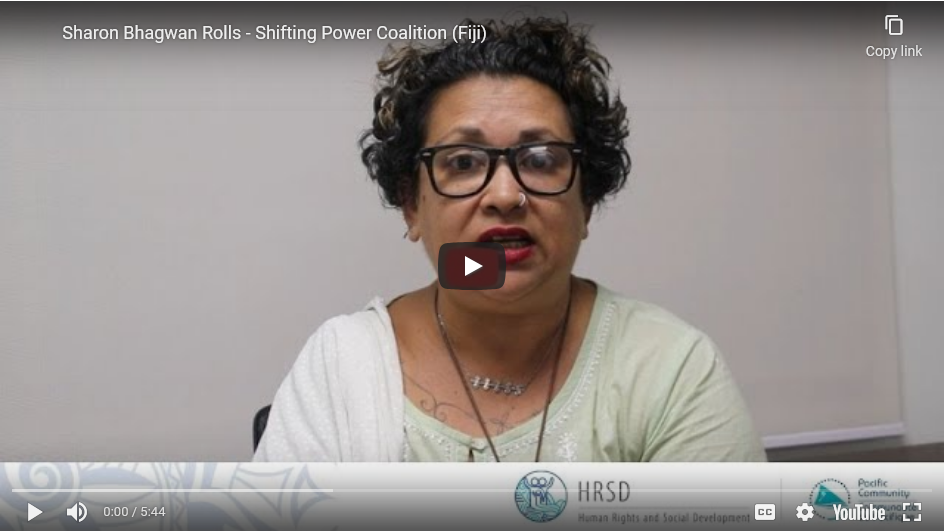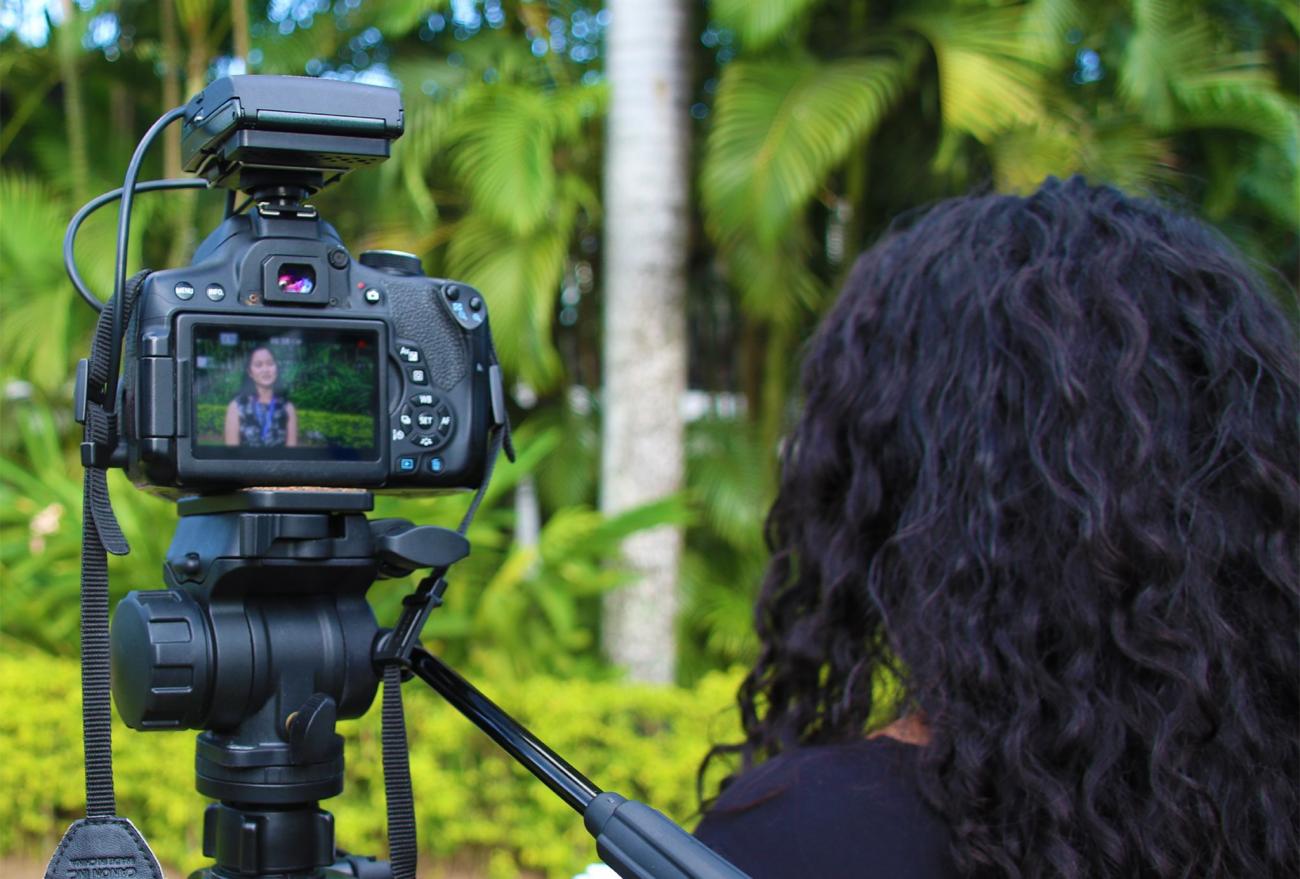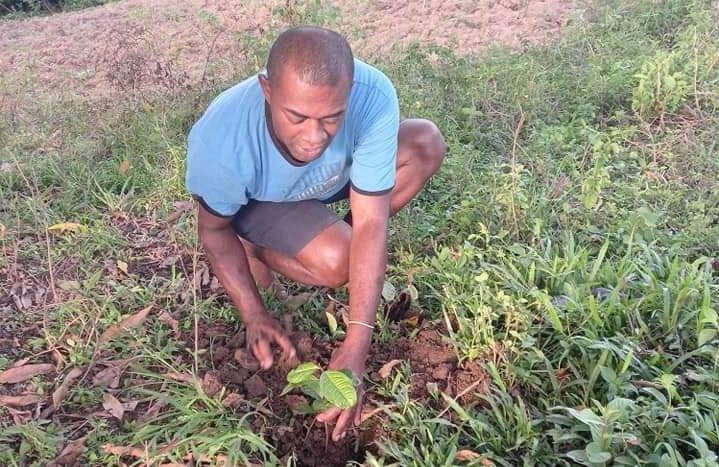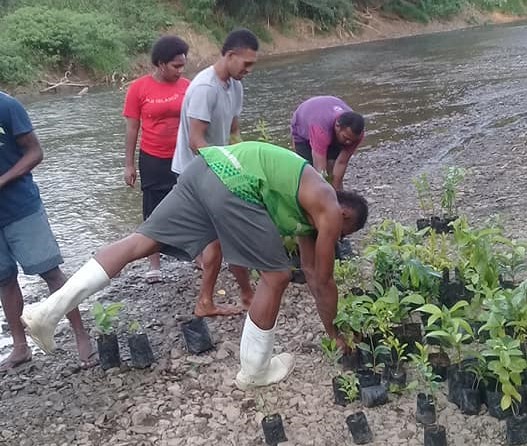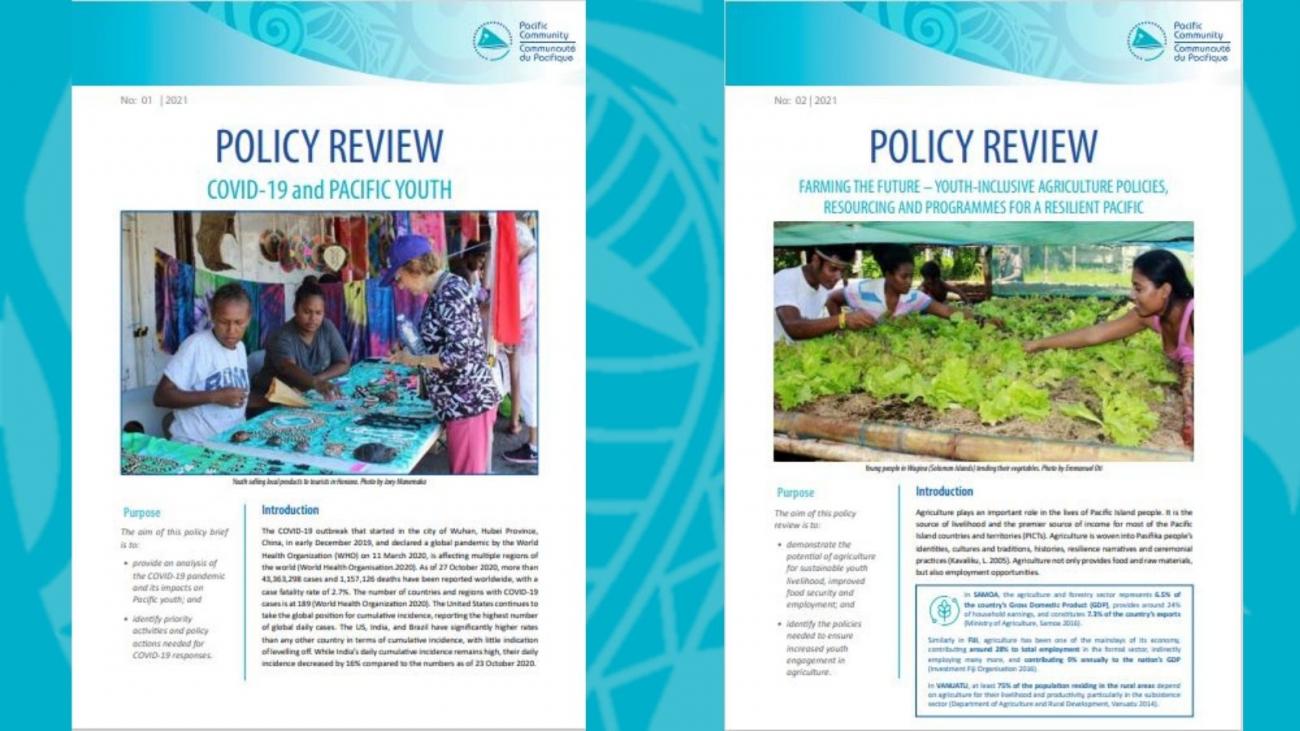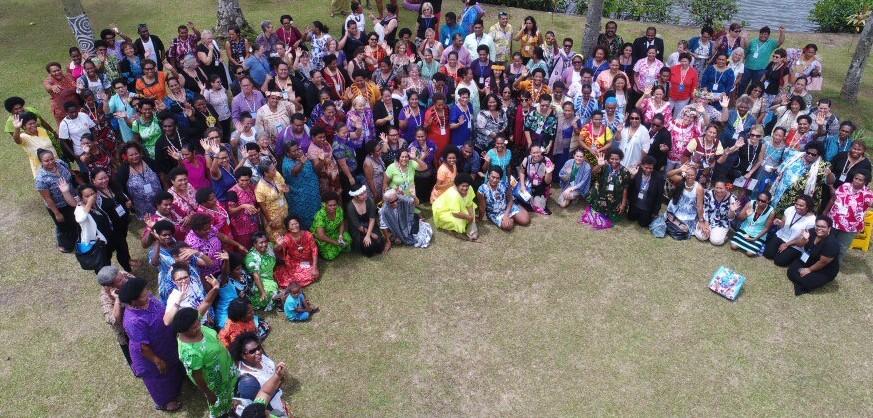14th Triennial Conference of Pacific Women opens with call for more inclusive development
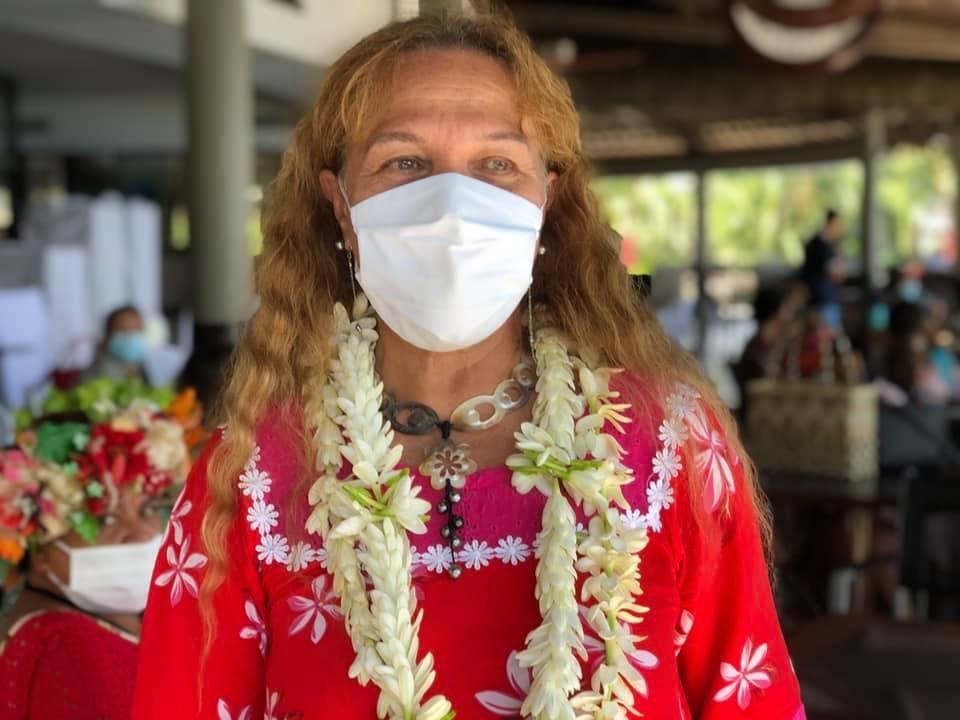
The 14th Triennial Conference of Pacific Women opened yesterday (27 April) with the host government of French Polynesia calling for making the inclusion and empowerment of women a top priority for the region.
The Honourable Isabelle Sachet, Minister for Family, Social Affairs and Feminine Condition of French Polynesia made this call during her remarks at the opening session of the Conference. The Hon. Sachet said that the COVID pandemic had brought about serious challenges for the advancement of gender equality in the region and that this was threatening to reverse some of the gains made over the last decade.
Hon. Sachet told the conference participants that, “In our efforts to fight COVID-19 and promote economic and social recovery, we need to focus on the specific needs of women and on the implementation of the Beijing Platform for Action on Gender Equality. We need to make the protection of women’s rights an interest and a priority of our agenda…by widening their participation in working life and fight the infringement of their rights.”
Hon. Sachet further noted that while “COVID-19 is a huge unprecedented challenge, it gives us an opportunity to reflect and to reshape our future. Our world needs to commit to a more egalitarian inclusive and sustainable development path.”
The Pacific Community’s (SPC) Director General, Dr Stuart Minchin, echoed this sentiment reminding participants and high-level representatives from around the region of need to work cooperatively and collaboratively as a region on Gender Equality as a key component of the Pacific’s overall development goals.
“Today we're faced with more frequent and severe tropical cyclones flooding, droughts, and now with the added burden of the COVID-19 pandemic, we're at a critical point in Pacific history. Greater levels of political commitment are required to ensure that our collective efforts are gender responsive on all fronts. Gender equality and empowerment must be at the core of our regional and national planning actions, policy development and funding allocations.” Dr Minchin said.
As part of his opening remarks, he shared his optimism around the Beijing Declaration’s 25-year anniversary regional review report noting that the Pacific has made significant progress in the area of gender equality and women’s human rights, but also noted that there was still a long road ahead.
Dr Minchin also highlighted the launch of SPC’s Social and Environment Responsibility policy in October 2020 which has prompted “More SPC programmes to undertake gender assessments of their respective sectors such as energy disaster risk management and climate change. SPC staff emerge from those undertakings with renewed energy and the understanding that by empowering women at every level of our work, we can dramatically improve the impact, effectiveness and sustainability of everything we do.”
The Triennial Conference represents a unique opportunity for the Pacific and remains a high priority event for all regional stakeholders, despite the challenges created by the COVID pandemic. Over 1000 participants are registered combining their perspectives, experience and expertise to this critical subject.
In closing Hon. Sachet gave high praise to all the participants and reminded how important their work is to the future of the region saying, “To the development partners and organizations of civil society, thank you all for your commitment. Your support has been very important to make this project a reality, to build a world where women are free from any type of discrimination and build an inclusive society. We still have a lot of work to do. And we need to ramp up our efforts. Let's go ahead with our common efforts to make sure that gender equality is a reality and to promote the cause of women throughout the Pacific.”
The Triennial Conference of Pacific Women and the 7th Meeting of the Pacific Ministers for Women, coordinated by SPC takes place from 27 – 29 April and 4 May respectively (Fiji Time). For more news, information and updates from this regional meeting, please visit: https://www.spc.int/pacificwomentriennial
Division
Human Rights and Social Development (HRSD) Division







